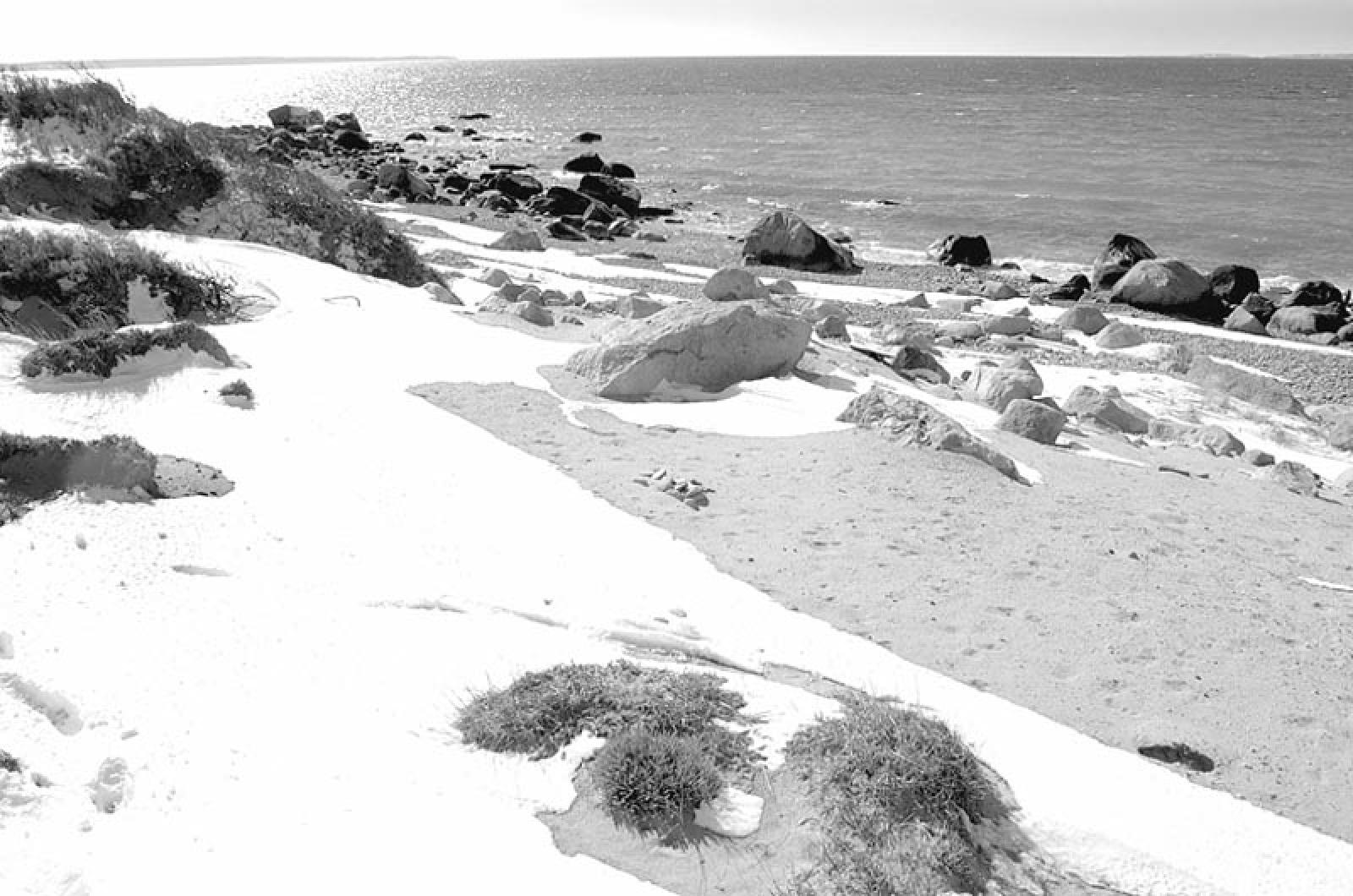It would seem self-evident that a key goal of conservation is to protect land from the effects of too much human interference. Certainly that was Teddy Roosevelt’s vision a century ago when one the country’s best-known hunters became its most ardent conservationist.
But that’s the issue at the heart of a small lawsuit now under consideration by the state’s highest court that could have big implications for nonprofit conservation organizations, including on the Vineyard.
The case involves the tiny Berkshire town of Hawley, which claims the New England Forestry Foundation should pay taxes on one hundred and twenty acres of woodland because it has done little to encourage public use of the property.
The foundation, aided by friends of the court briefs offered by an array of other conservation groups, argues that public use shouldn’t be the test for a tax exemption.
Hearing arguments in the case on Monday, the justices of the Massachusetts Supreme Judicial Court considered whether the physical active presence of humans wasn’t sometimes “antithetical” to the whole point of conservation.
Multiple use has become a trend among many conservation organizations, and we applaud responsible efforts to incorporate public access to land into conservation planning. There are many tracts of land where activities like hunting, fishing, hiking, swimming and nature study can and should be accommodated.
But recreation, outdoor education and even scientific inquiry are not the only justifications for land conservation. We need pristine land to protect our aquifers and wildlife, to ensure clean air and water for future generations. This seemed to be an article of faith just a few decades ago, but has lost its potency as the economy has worsened.
Hawley is not so different from other communities looking for ways to increase its tax base in an era where the effects of tight-fistedness on the federal and state level are beginning to trickle down.
In worrying about today, we sometimes forget about tomorrow. Taxing organizations that are trying to preserve our finite resources is the wrong thing to do.






Comments (1)
Comments
Comment policy »